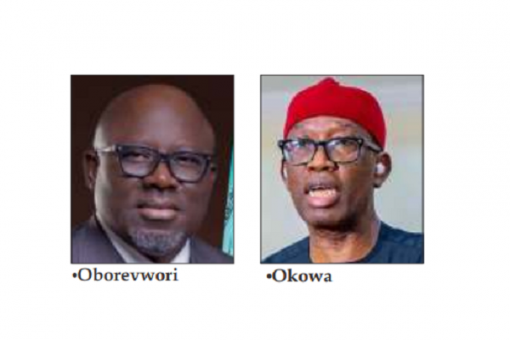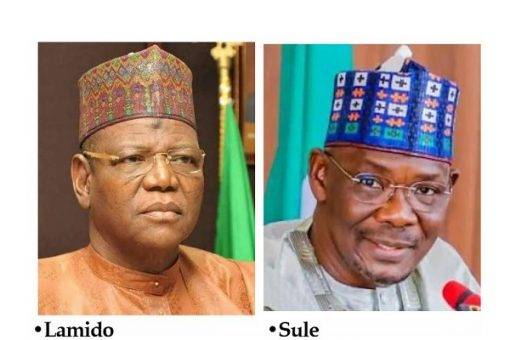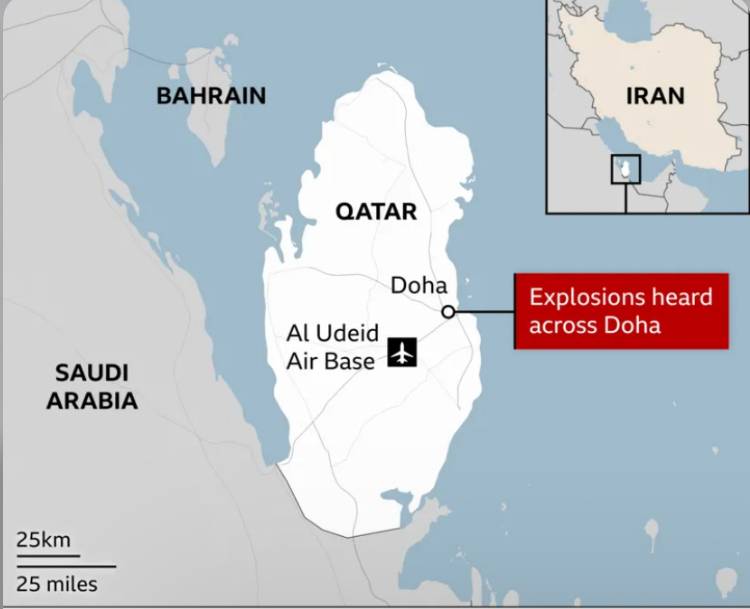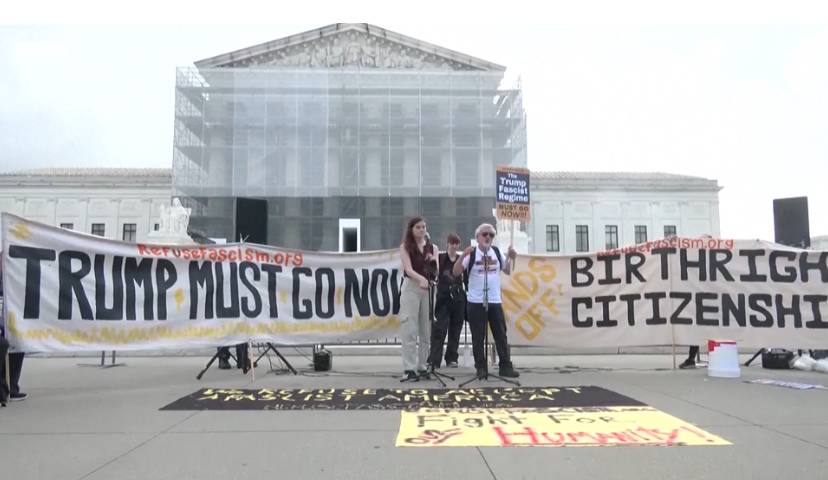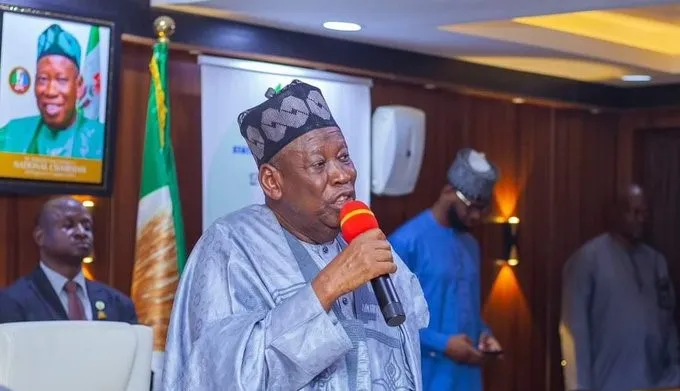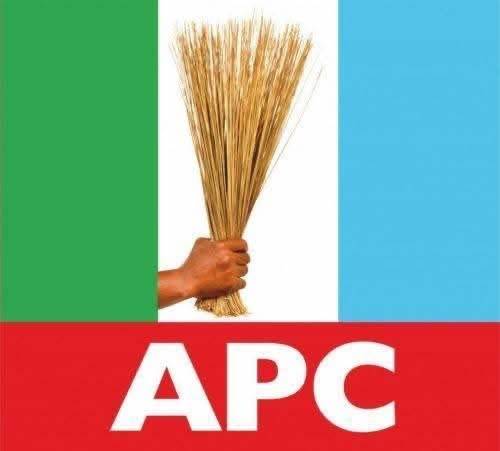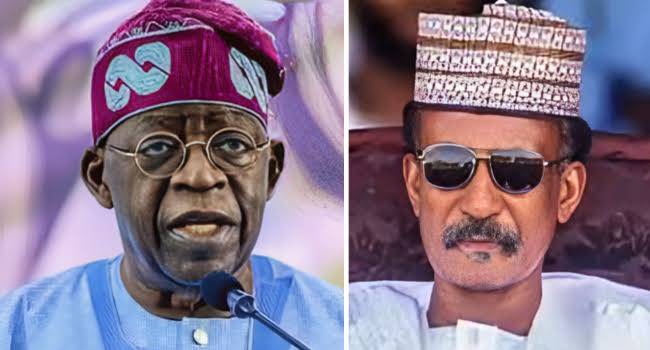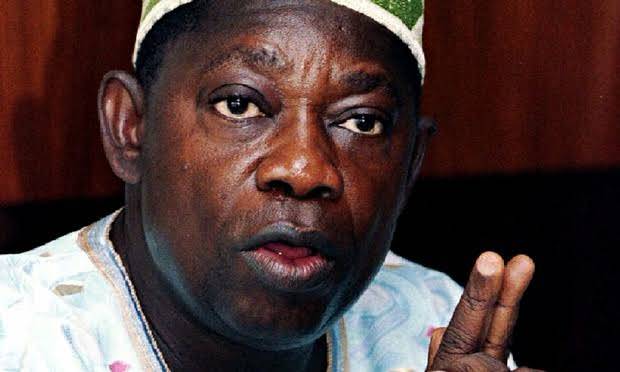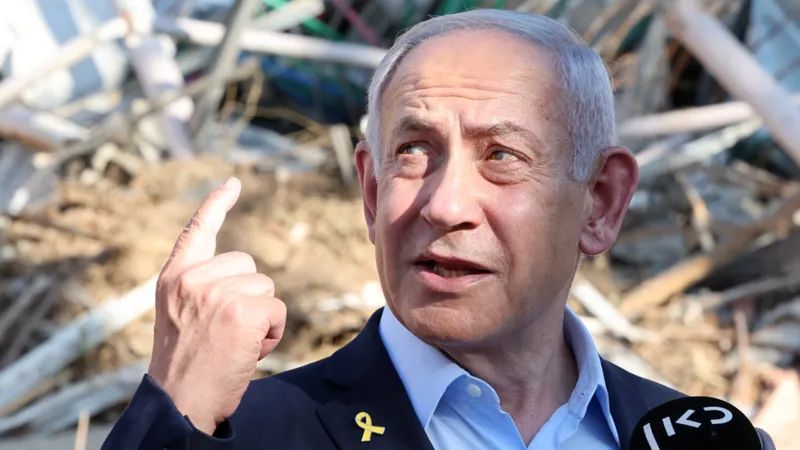By Palladium
Whether he acknowledges it or not, former vice president Atiku Abubakar is bound to feel more frustrated than ever over the unprecedented and indeed seismic defections that coursed through Delta State last week. He had thought the main battle ahead of him was how to incentivise the Peoples Democratic Party (PDP) to support his coalition idea or at least to offer him a platform to contest the next presidential poll. He was also mistaken to think that if his first wish failed, his secondary headache would be which political party he could safely and rewardingly defect to in order to build the amorphous coalition he was trying so opportunistically to concoct. Now the defections in Delta State led by Governor Sheriff Oborevwori and seconded by ex-governor Ifeanyi Okowa, his running mate in the 2023 presidential election, are certain to give him permanent migraine. He may try to belittle the import of the defections in a state that had been a bastion of the PDP since 1999, but no one will let his seeming indifference get in the way of observable facts. His last race in this lifetime is being imperiled.
What Alhaji Atiku is loth to acknowledge is that he ran his last race in 2023, and that both the April 14 PDP Governors’ Forum meeting in Ibadan, which broke free of his strangulating hold, and the Delta defections that clearly repudiated his politics have signalled the end of his political career and public service. Notwithstanding what he thinks or how dismally he feels, the bells toll for him and indeed constrict his chances going forward. Alhaji Atiku never really set store by a merger of political parties even when he was still in good standing in the PDP, for he always preferred a coalition of parties, a grand or mega coalition, as he fondly put it. He knew that his relationship with the leading opposition party, with which he had sustained a specious on-and-off romance, was fragile and it would be presumptuous of him to call on them to make huge sacrifices. That was why he opted for the wafer-thin coalition that would guarantee a pathway for him to the presidency. But he was also experienced enough to appreciate that the coalition, even before it took off the ground, was endangered. It would require so much to put it together, and it would need huge resources to hold it together. He went along with the idea of a coalition, but he managed to never sound like he believed he could pull it off. Yes he spoke it and acted it, but he approached the subject with a wariness and tentativeness idiosyncratic to his politics.
His fellow travelers, particularly his potential Southwest partners, had been careful not to openly associate with him, preferring to send their apologies when he called for a coalition meeting. Now, they will be even more wary than ever. They think he never really had a Midas touch, despite his vaunting rhetoric about democracy and his many years in the limelight; now, they may finally bolt from the stable and begin to seek pasture elsewhere. Unlike Alhaji Atiku’s many fair-weather associates and friends, former Kaduna State governor Nasir el-Rufai may be trapped with him; but even he will be entertaining some pianissimo doubts now. He will doubtless get more truculent as the weeks drag on, and as doors and windows are shut against him, he will in addition also get more desperate and more reckless, eager to make one fateful throw of the dice. He has already announced his membership of the somnolent Social Democratic Party (SDP), though some party leaders dispute his bona fides, but everything considered, as his principal, Alhaji Atiku, wavers, he also will feel some consternation. Having burnt his bridges, it is hard to see him retracing his steps to the Tinubu administration which he had publicly vilified, or rekindling his tenuous association with his successor in Kaduna, Uba Sani, whom he had also cynically dismissed as disloyal. Like the former vice president, he will be wondering how he came to this sorry pass.
Sensibly, Alhaji Atiku has been less intolerant of the Delta defectors’ actions. He knew that having defected and acted footloose many times in the past himself, he would be hypocritical to condemn the Delta governor’s actions. In fact, he has acknowledged their right to defect to anywhere that catches their fancy, for as he put it, ‘it is part of democratic politics.’ He will, however, be privately miffed that his running mate in the last presidential poll also defected, perhaps without confiding in him. In his statement on X (Twitter), the former vice president swivelled to condemning President Tinubu’s administration, reframing the defection controversy as not just an exercise of democratic rights but an indication of where a politician or political leader stands in the affairs of Nigeria. Nigeria, he concluded, was facing an existential battle for which a liberating coalition was needed to help fight. It is not clear how he would assemble his armada when many of his formerly loyal troops are deserting the ranks. At the current rate of depletion, Alhaji Atiku may be unable to muster a brigade to fight an entire army.
The former vice president has all his political life embraced short cuts, in addition to a series of miscalculations. He needed to be patient and submissive in his dealings with ex-president Olusegun Obasanjo, and would probably have inherited the throne in 2007; instead, he made a miscalculated bid for power, and for one dizzying moment had the former president on submission hold. But acquiescing to entreaties, he relented, left the snake scorched, not killed, and naively assumed relationships had been reset. He lost the game. Back to the PDP after fruitless detours to the Action Congress of Nigeria (ACN) and the All Progressives Congress (APC), he needed to help restore confidence in the party he had abandoned at its hour of need. Instead, he fought ex-governor Nyesom Wike, the caretaker who succoured the party in his absence, brutally fought his way into taking the party’s ticket for the 2023 election, and scorned every entreaty to realign and reform the party for the future. Weighed down by a short attention span, he did very little to salve the wounds of a party that had broken down and fragmented midway into the poll. And nearly two years after that electoral debacle he has still not found the right formula or leadership acumen to rebuild and rearm the party.
In the year ahead, the former vice president will find it doubly difficult to build a coalition capable of taking on the APC. Alienated from the PDP, unable to return to the APC for obvious reasons, and uncertain where to berth his lumbering ship, he will flail around a little, and hope that his jibes at his enemies, particularly President Tinubu, could help him rouse and inflame his regional faithful to battle stations in preparation for 2027. Just like Mr Obi who has left the Labour Party’s crisis untouched while he perambulates round the country playing political drama, Alhaji Atiku has abandoned the attempt to repair and rebuild the leading opposition PDP. Even if the anticipated coalition is anchored on the two men, having come second and third in the last presidential election, they will still be hard put to cobble together an army of capable followers motivated to give the APC a fight. The simple reason is that they have left the weightier issue of mending their electoral vehicles, without which they would have to walk like political toddlers rather than run like political pros.
Culled from TheNation


